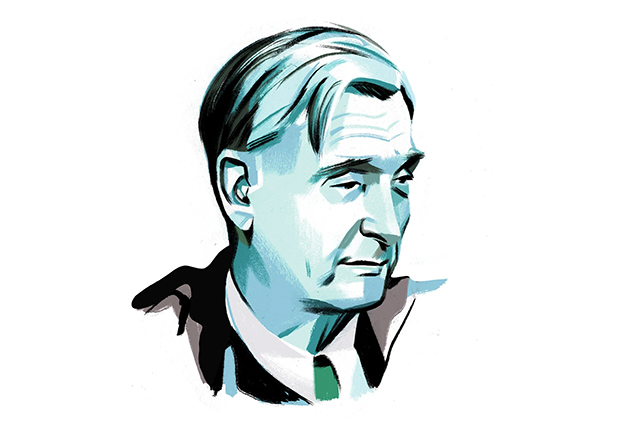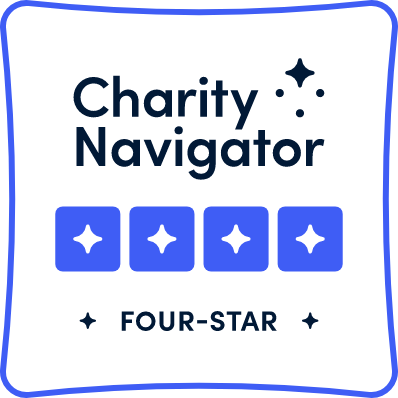This article originally appeared in “The New York Times,” February 28, 2019


By the Book: Edward O. Wilson
The naturalist and entomologist, whose new book is “Genesis,” loves a reptile guide called “Lizards and Snakes of Alabama,” which “speaks to my boyhood passion and is a source of good memories page by page.”
What books are on your nightstand?
Sean B. Carroll, “The Serengeti Rules: The Quest to Discover How Life Works and Why It Matters.” Colin Mayer, “Prosperity: Better Business Makes the Greater Good.” Daniel Pauly’s forthcoming “Vanishing Fish: Shifting Baselines and the Future of Global Fisheries.” Max Tegmark, “Life 3.0: Being Human in the Age of Artificial Intelligence.” All have something to do with the analysis of biological and human ecosystems, my current focus of study.
What’s the last great book you read?
Irenäus Eibl-Eibesfeldt, “Human Ethology.” The massive, definitive account of communication and social life in hunter-gatherer and primitive agricultural societies. It deserves to be used as a permanent classic.
What should we read if we want to learn something about naturalists?
Gerald Durrell’s books, to start, which are full of naturalist observations. My own effort, “Naturalist,” was composed with this goal in mind. For the early years of natural history, I recommend Philip Henry Gosse’s volume from the middle of the 19th century, “Letters From Alabama.”
What’s your favorite book no one else has heard of?
Indisputably, a new guide called “Lizards and Snakes of Alabama,” by Craig Guyer, Mark A. Bailey and Robert H. Mount, which speaks to my boyhood passion and is a source of good memories page by page. Also, a report of the kind of research needed to implement the Half-Earth Project, a plan to set aside 50 percent of land and sea to save most of the planet’s biological diversity.
Which writers — novelists, playwrights, critics, journalists, poets — working today do you admire most?
Journalists: without hesitation, the authors of the editorial and Op-Ed pages of The New York Times — light in spirit, precise, strenuously relevant. For nonfiction: Piotr Naskrecki, director of the biological research laboratory at Gorongosa National Park, Mozambique, whose superb research, photography and writing are all displayed, for example, in “Relics: Travels in Nature’s Time Machine” (2011).
When do you read?
All the time, spasmodically, piecemeal, whenever I enter my library. When I’m also writing, my research is most intense for several hours after an early breakfast.
Which genres do you especially enjoy reading? And which do you avoid?
I read about writers of fiction but I almost never read fiction. I’ve always felt, as I believe T. S. Eliot put it, that the artist is engaged in a continual self-sacrifice, a loss of the personal perception of reality. It depends on someone else’s emotional responses. The surprise in nature and the understanding of reality that science provides offer the only real independence. So my favorite reading — “scanning,” to be precise — is in the journals Science, Nature, Proceedings of the National Academy of Sciences, and Science News. Although a Southerner, I avoid William Faulkner.
How do you organize your books?
First by importance, then from general to specialized to even more specialized.
You’ve often talked about the need to bridge the arts and sciences. What writers are especially successful in that regard?
This is an infinitely important subject, one that I’ve only recently begun to monitor. It has great potential for those talented and brave enough to settle, somewhere, at least for a while, in the borderland. I’ll report on all this later.
What book might people be surprised to find on your shelves?
“On Politics,” by Alan Ryan (2012). Both volumes will be read, carefully, as part of my ongoing research on biological and social ecosystems.
What kind of reader were you as a child? Which childhood books and authors stick with you most?
I read every National Geographic I could lay hands on, especially those with articles on natural history, and by my teenage years I had a substantial library of field guides. By this time I had decided to become an entomologist, or at least something to keep me outdoors.
You’re organizing a literary dinner party. Which three writers, dead or alive, do you invite?
Paul Krugman, Glenn Close, Prince Charles. Not Darwin, greatest of us all, because he died in 1882 and would take too much time to bring up to speed.
If you could require the president to read one book, what would it be?
Any book, for starters. And, as at Harvard for term papers, his report will be graded thoroughly.
Whose opinion on books do you most trust?
A recognized expert on the subject. Or, if I’m still not convinced, two experts.
What moves you most in a work of literature?
Surprise, followed by enlightenment on a subject I had only partly understood.
Whom would you want to write your life story?
My biography is being written with my authorization and full cooperation by Richard Rhodes, a writer I greatly admire.
What do you plan to read next?
Everything I can find written on ecosystems, now a main subject of my research.

